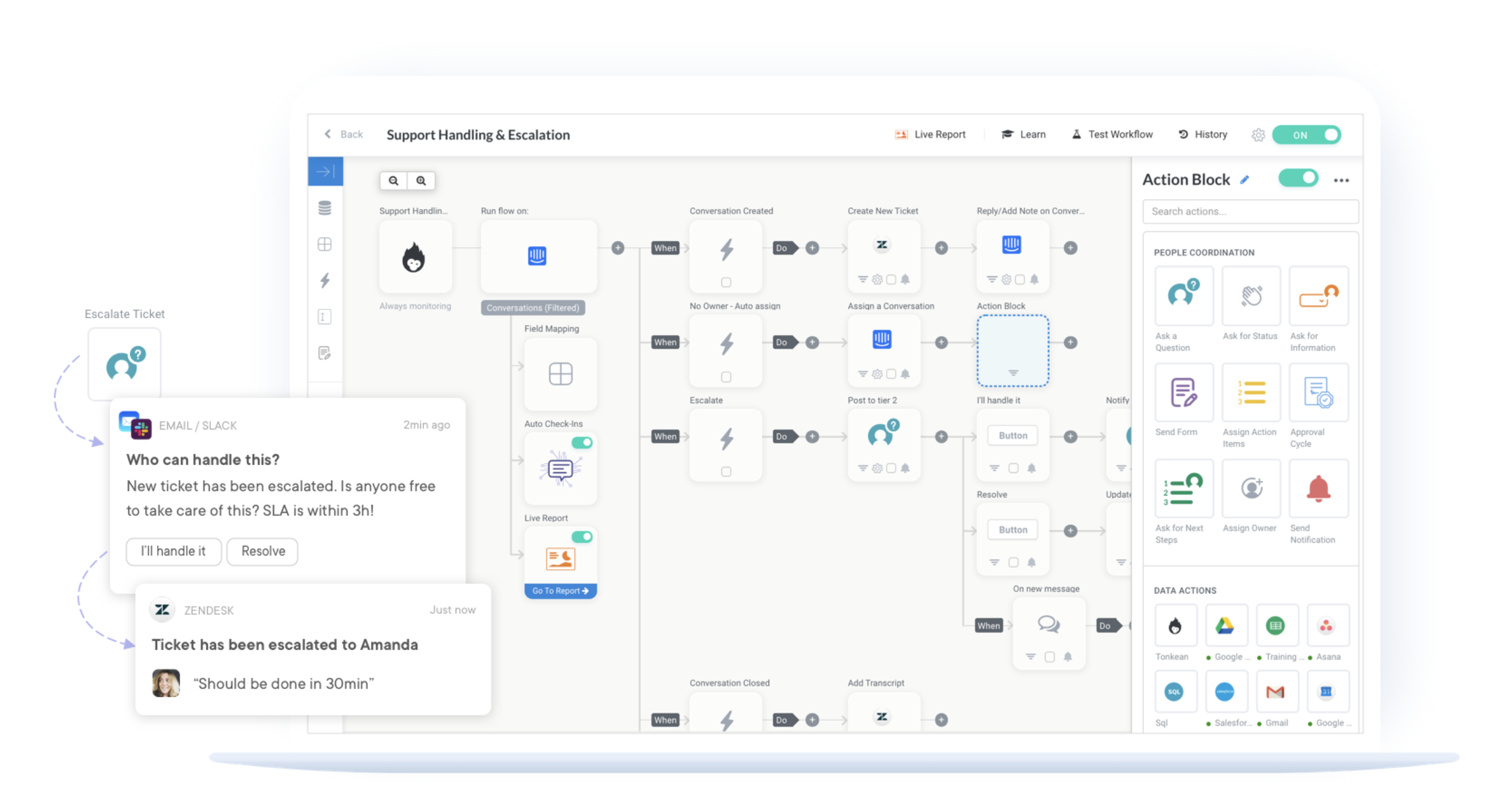Quibi, the short-form, mobile-focused video service that Hollywood executive Jeffrey Katzenberg first hinted at in 2017, officially launched on Monday.
After years of star-studded content announcements, not to mention $1.75 billion in funding, it might have been impossible for Quibi to live up to expectations. And indeed, it divided the hosts of the Original Content podcast.
None of us was totally won over, but Anthony and Jordan saw something to admire in Quibi’s ambition, and thought there was promise for the initial lineup of shows — particularly the reality programs like “Chrissy’s Court” and “Punk’d,” which actually seem to benefit from the constraints of the short episode format.
There are some interesting scripted titles too, but even the shows we liked — particularly the Liam Hemsworth thriller “Most Dangerous Game” — felt like they’d be better on a bigger screen, with a more traditional running time.
Darrell, meanwhile, enjoyed some of the content, but he was more convinced that the whole enterprise is a massive folly. In his view, the only way to make Quibi work is to take a looser approach to length and to bring the app to other devices.
You can listen to our review in the player below, subscribe using Apple Podcasts or find us in your podcast player of choice. If you like the show, please let us know by leaving a review on Apple. You can also send us feedback directly. (Or suggest shows and movies for us to review!)
And if you’d like to skip ahead, here’s how the episode breaks down:
0:00 Intro
0:27 “Star Trek: Picard” listener response
6:04 Quibi first impressions
Source: Tech Crunch Startups | Original Content podcast: We have mixed feelings about Quibi
